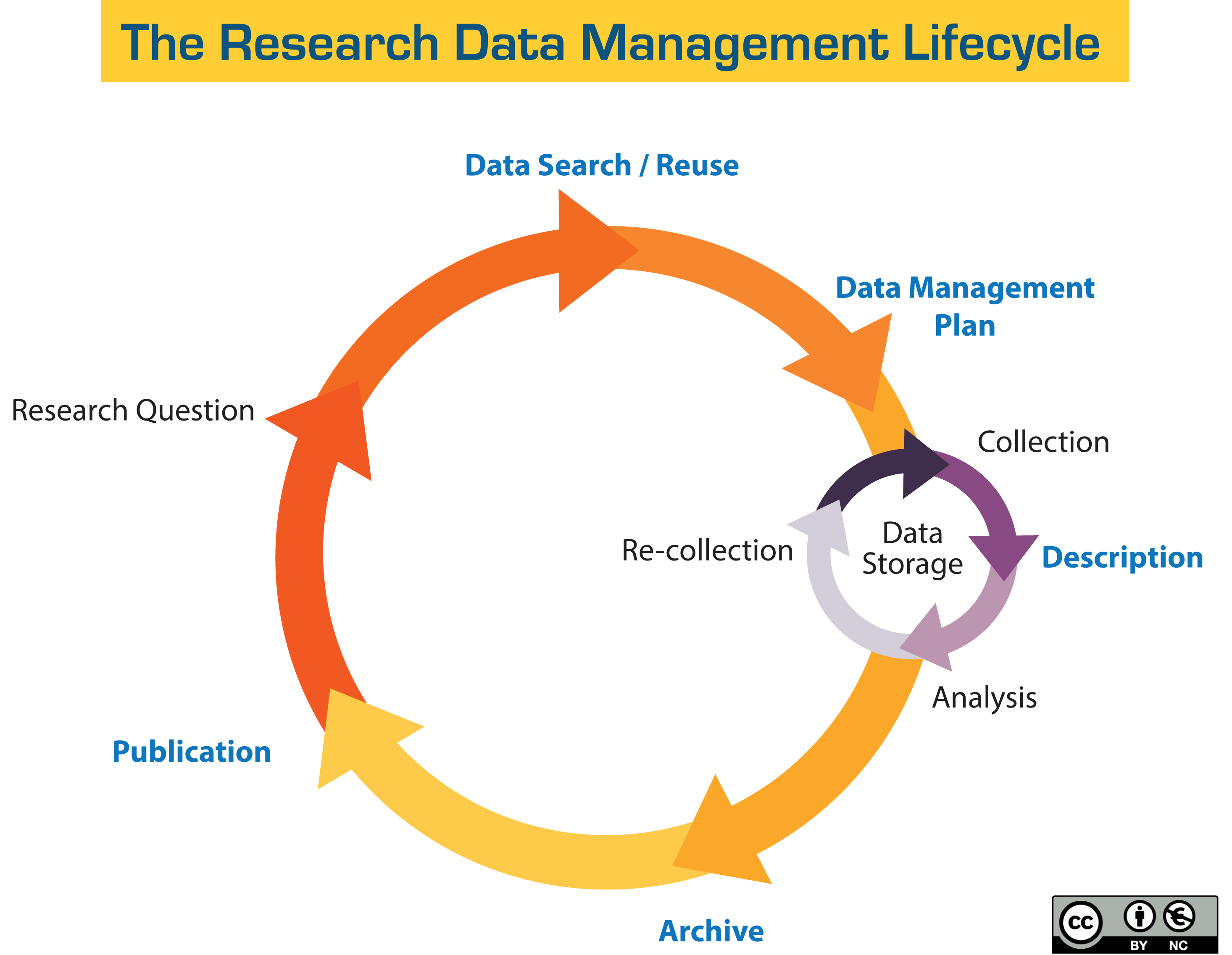Open sharing of research data is a key principle to increase transparency and quality of research, and for UiT to fullfill its mission in society as a broad university. Research funders and scientific journals also more and more often require research data to be managed in a responsible way and to be made open available. By doing so, research data becomes verifiable and can be used to the fullest potential.
UiT agrees with the Research Council of Norway, the EU, and the Ministry of Education and Research's explicit objectives and guidelines for the management of research data - "Open as standard" and "As open as possible, as closed as necessary".
The researcher must make study data openly available for use by all relevant users, unless there are legal, ethical, security, or commercial reasons not to do so. Data must be archived, either at your own institution or in other relevant and reliable archives, to ensure that UiT has continuing access to the data. - Principles and guidelines for the management of research data
Research data must be made available as early as possible. This means that data used in a scientific publication must be submitted no later than the time of publication. Other data that may be valuable for future research will be acquired at the end of the project.
The scientific community must make decisions about archiving and organizing research data.
UiT operates a national, generic repository for open research data, DataverseNO. If you are an UiT researcher, you can archive your data in the UiT collection in DataverseNO. The repository is CoreTrustSeal-certified and managed in alignment with the FAIR Guiding Principles for scientific data management and stewardship. More details regarding the archive can be found on the DataverseNO page.
Practical information about publishing research data can be found in the section on Archiving and Publishing.
A webinar on licenses and rights to research data is held every semester for those interested in learning more. A PowerPoint presentation with more material is also available on the course page.
Updated: 14.12.2023, updated by: Noortje Haugstvedt


